I think we can all agree on one thing: Raising a pup is no walk in the park!
Getting caught up in their boundless energy can be a bit overwhelming from time to time, and it’s tempting for many dog parents to resort to scolding or punishment to manage behavior.
However, while yelling might stop unwanted actions temporarily, it doesn’t teach your dog the correct behaviors.
Punishments are a short-term fix, not a lasting solution. For those committed to shaping their pup’s behavior positively and sustainably, here are 6 useful tips to try without resorting to scolding.
1. Reward The Good And Ignore The Bad Behavior
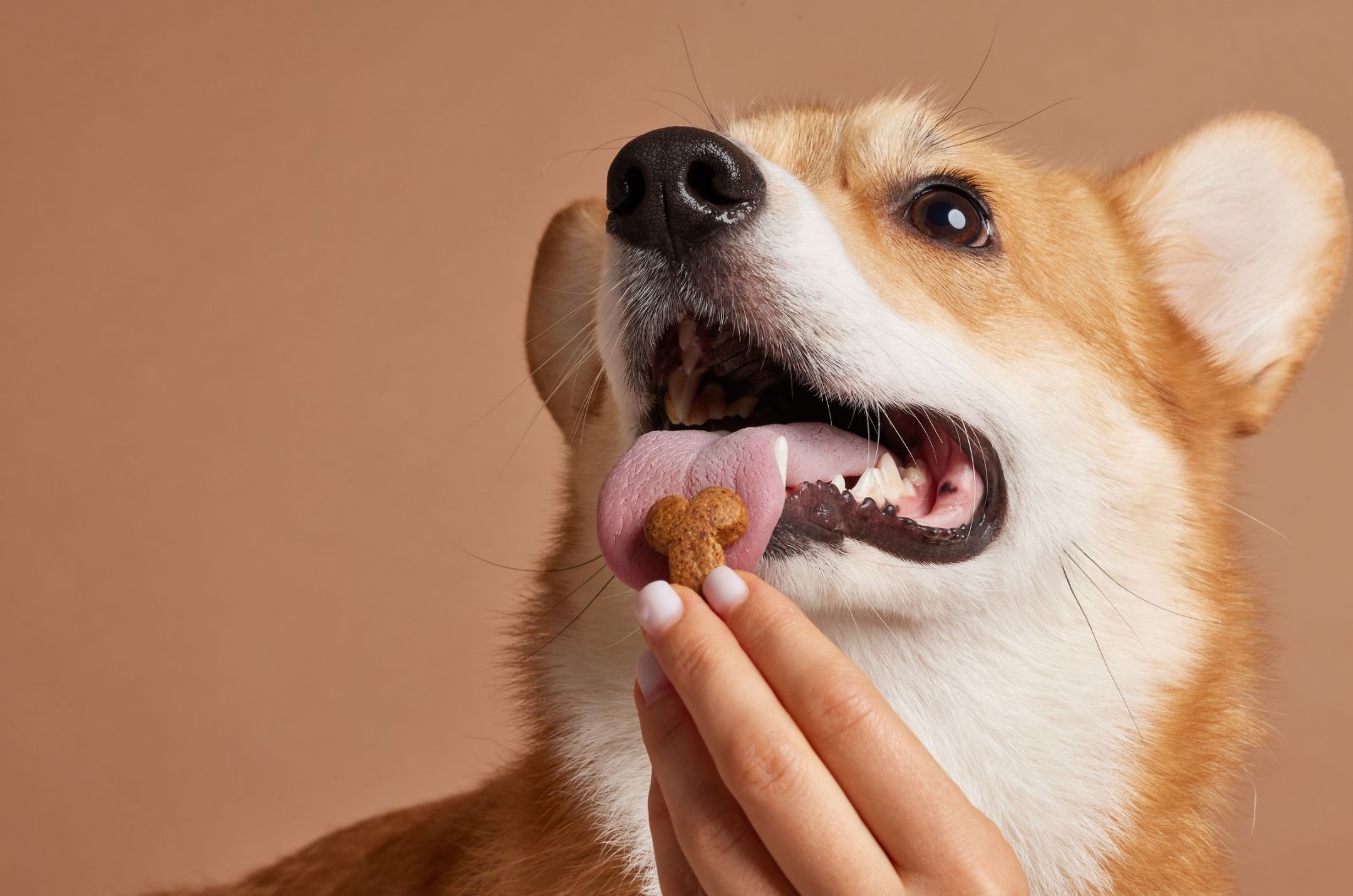
As a proud dog parent, your ultimate goal is likely a well-behaved pup! To achieve this, it’s crucial to reward your dog for good behavior – whether with a yummy treat or just some praise.
Jodie Guildharry, an animal training instructor at the Animal Behaviour and Training Council, says:
“Every time you reward your dog, you’re telling them they’ve done something you like. By consistently rewarding what you want, you’re reinforcing this behavior and increasing the chances of it being repeated.”
Conversely, ignoring misbehavior can help diminish their re-occurrence. Remember: No ‘Good Boy’ wants to be overlooked!
2. Respond Immediately – Timing Is Crucial!
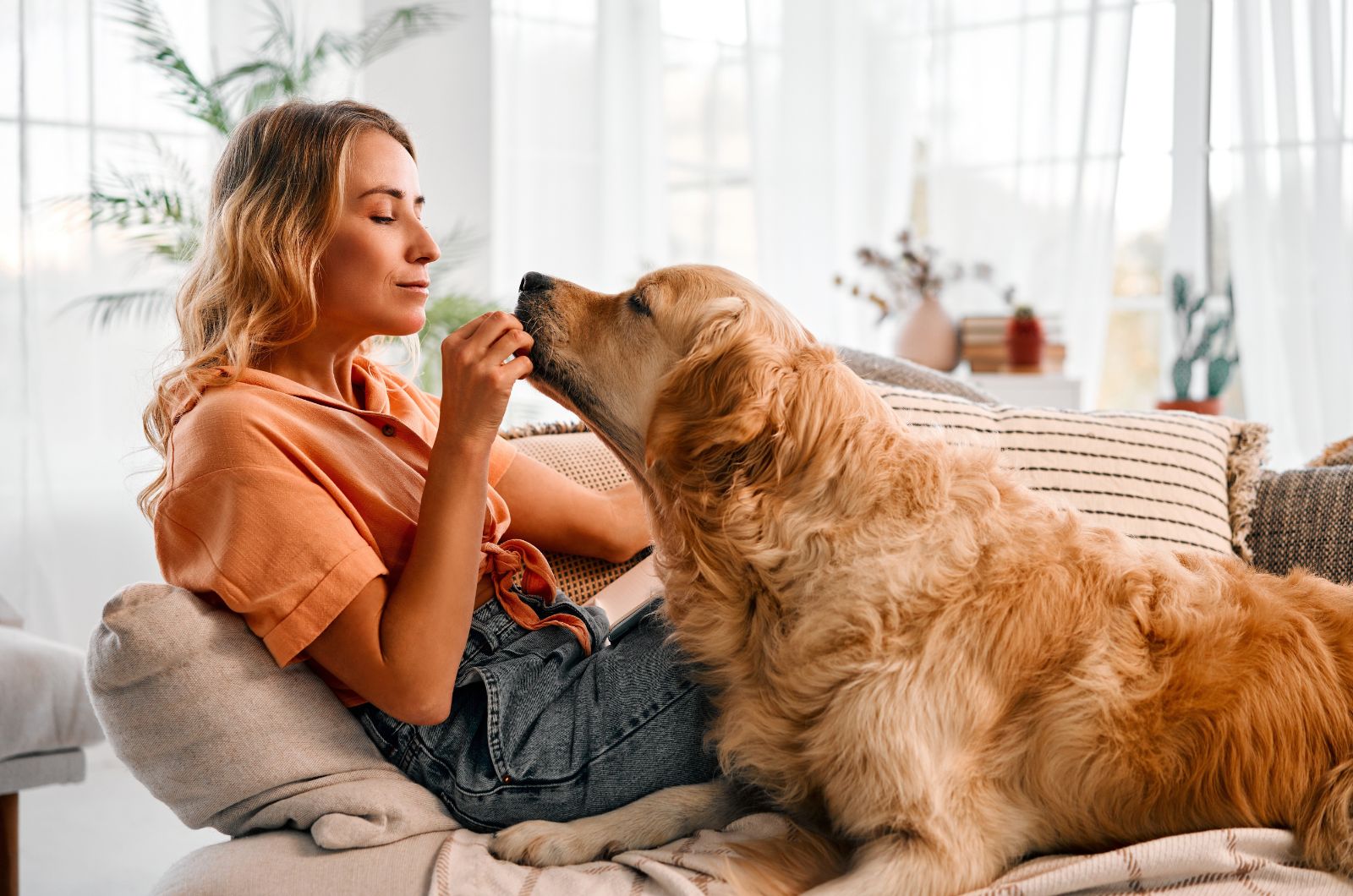
Our canine friends embody philosophies of ’embracing the now’ and ‘living in the moment.’ Therefore, it’s crucial to respond immediately to anything your pup does.
When training your dog, especially during the puppy stage, your reward should be delivered as soon as their good behavior is shown.
Due to their short attention span, a delayed reaction will only confuse them, whereas an immediate response lets them know they’ve done a good job – one they’d gladly repeat for another sweet treat!
3. Manage Your Living Space
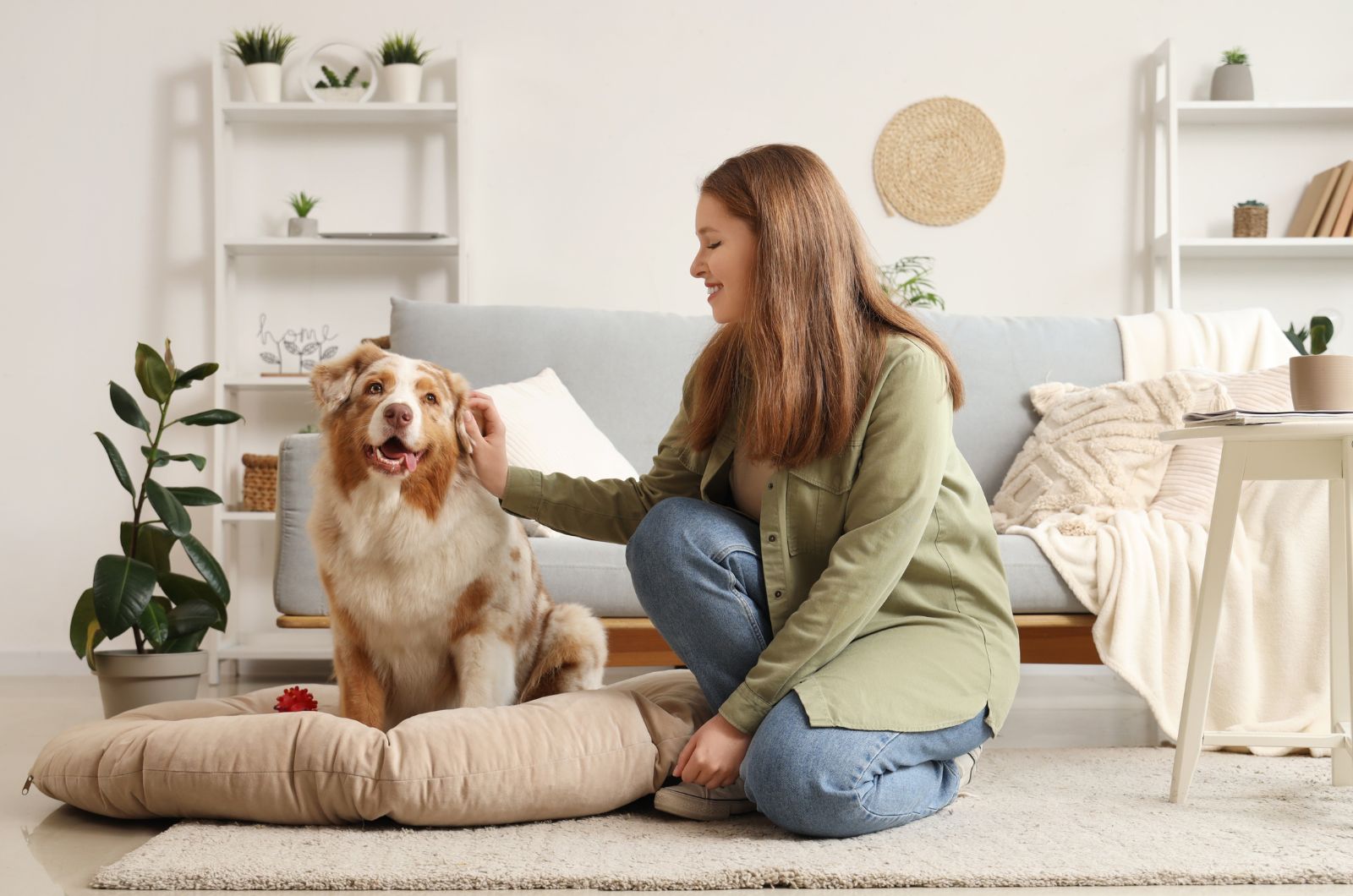
Dogs are naturally curious and playful, and it’s often hard to fault them for racking havoc in the owner’s home when all they were doing was being themselves.
To avoid reinforcing misbehavior, keep your living space neat and dog-friendly.
For instance, if your dog loves rummaging through the trash and making a mess in the process, consider not leaving the trash bag out in the open. Instead, place it somewhere out of your pup’s reach.
This way, your dog won’t be tempted to dig in, and your home will stay spotless.
4. Try To Understand Your Pup’s Needs
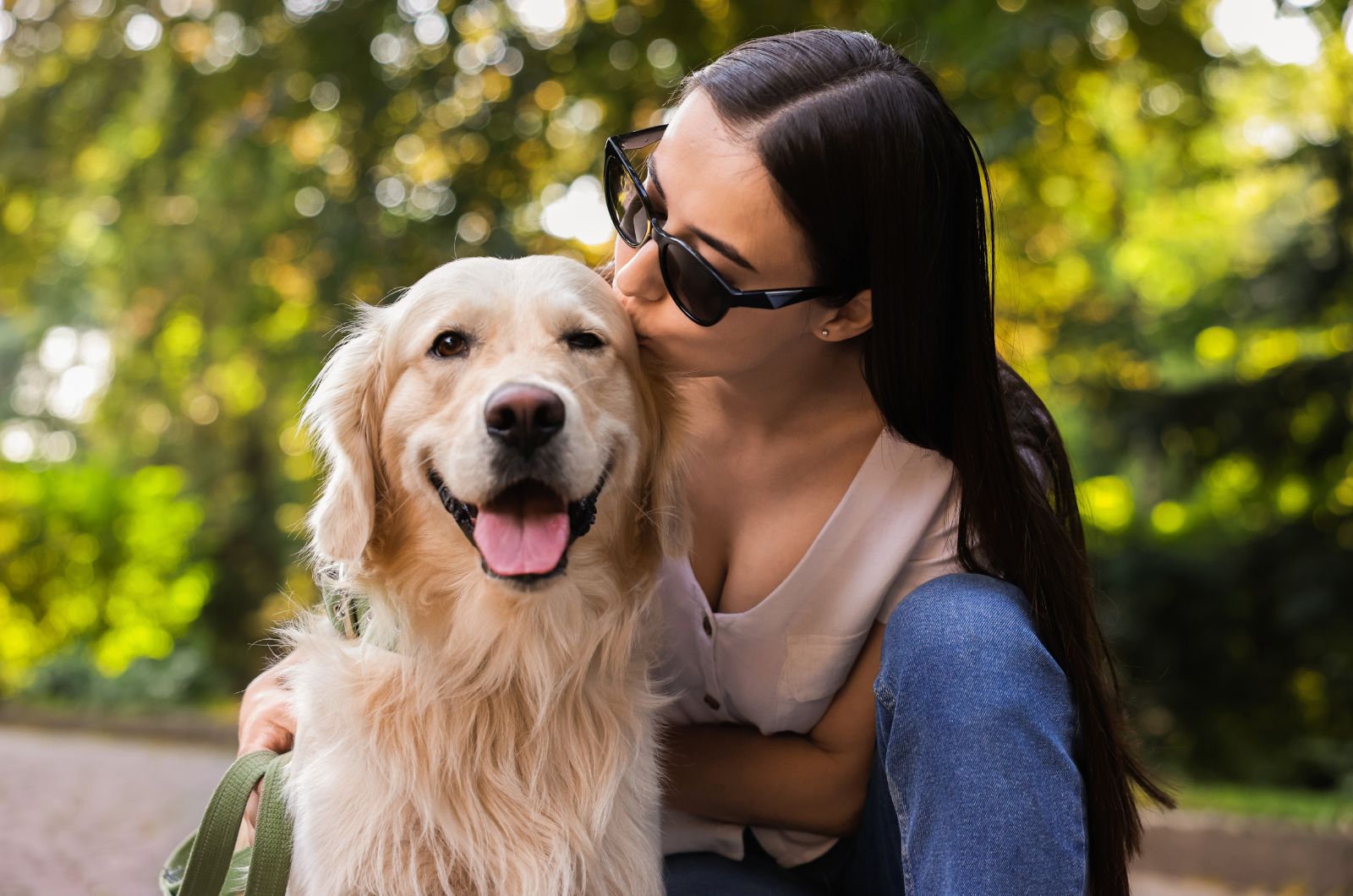
Mikkel Becker, lead animal trainer at Fear Free Pets, explains that dogs’ unwanted behaviors often stem from their desire to meet their own needs.
That’s why it’s essential to shift our perspective occasionally and try to understand their needs rather than just focusing on our own expectations.
Dogs often act out as a way to get our attention. So, if your dog chews your shoe or digs up your favorite plant, try to see it as a call for attention rather than a reason for reprimand.
To prevent repeated misbehavior, make a habit of praising good behavior.
Becker also recommends swapping out regular food bowls for fun feeding puzzles, which satisfy a dog’s natural instinct for food scavenging.
5. Training Your Pup Should Be A Lifestyle Change
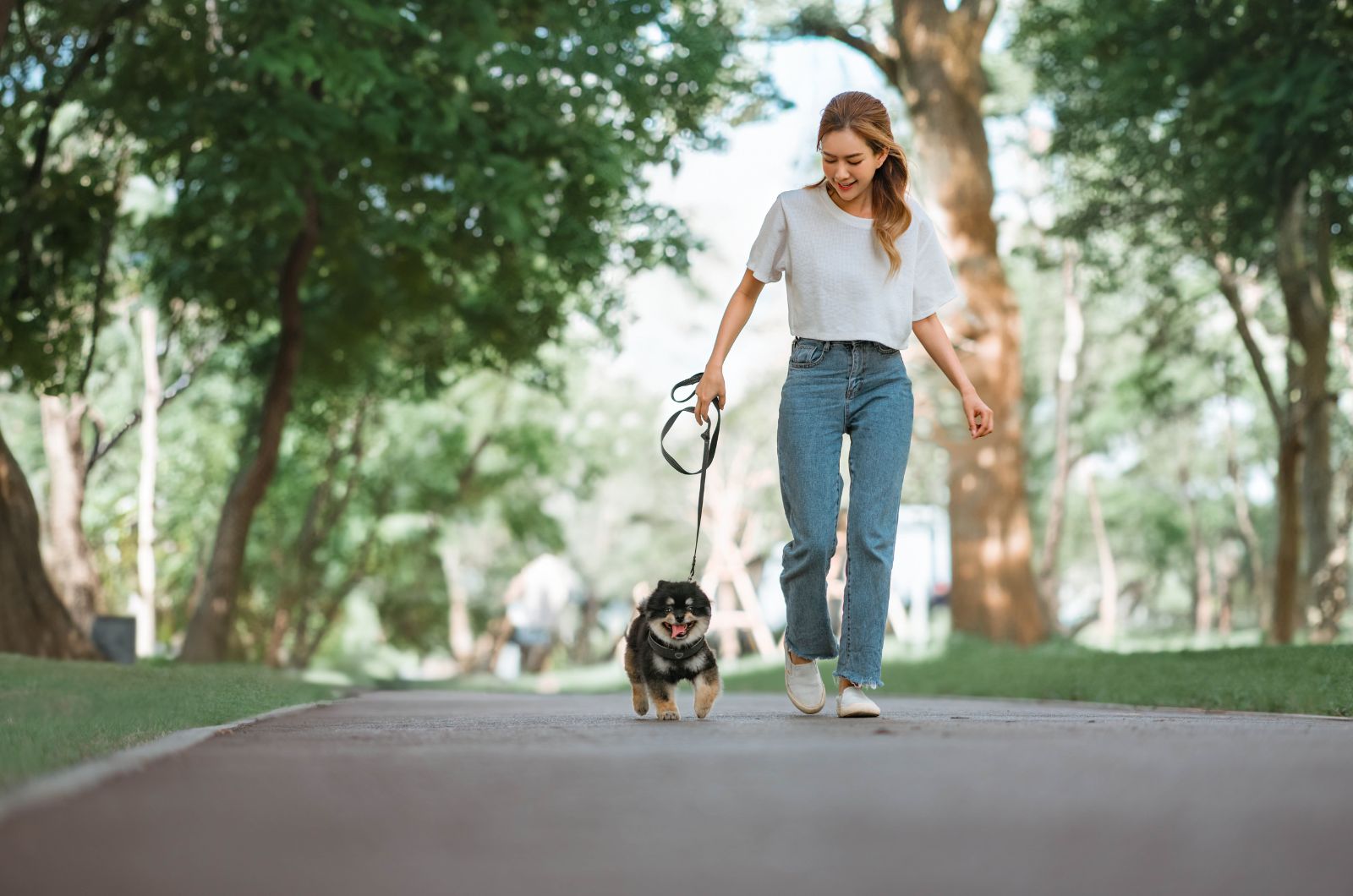
Achieving good behavior in your canine friend won’t happen overnight!
Rather than being a goal with a set deadline, shaping your pup’s behavior should become a part of your lifestyle. Integrating short training sessions into your daily routine should be a priority.
Not only will this help your dog master the art of good behavior, but it will also provide perfect bonding moments for both of you.
6. Never Forget The Four D’s
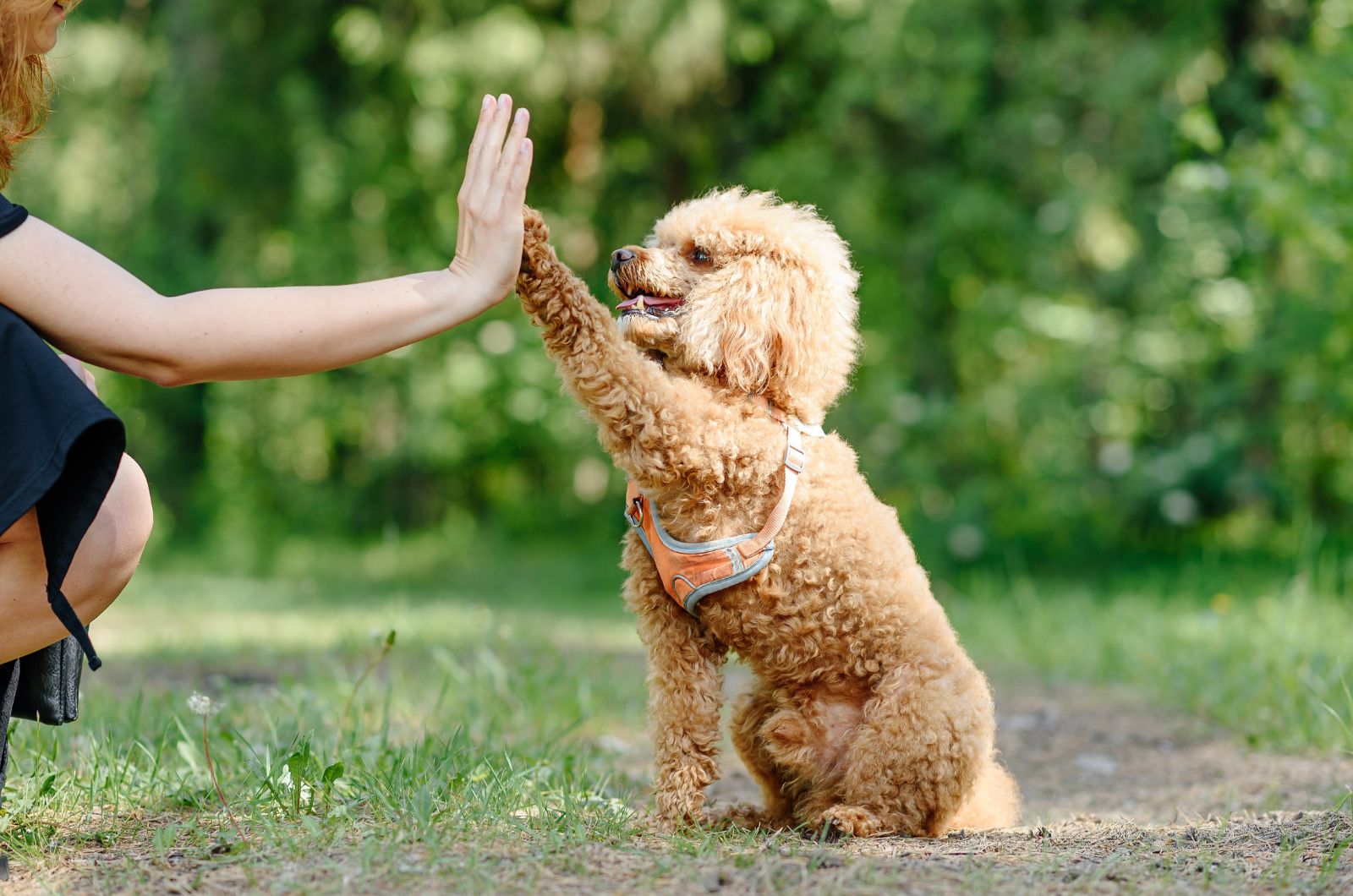
You might be thinking, “The four what?”
Melissa McCue-McGrath, a professional dog trainer and author, often emphasizes the importance of “The Four D’s” to her clients. These are:
• Distance
• Distractions
• Duration
• Difficulty
What do these mean? Well, when training your dog, ensure you are close enough to eliminate any potential distractions. This helps keep your dog focused solely on you and the training.
Also, keep your sessions short and adjust the difficulty level appropriately. Without mastering the fundamentals, it’s unrealistic to expect your dog to progress to more challenging tasks.
Let’s Wrap It Up!
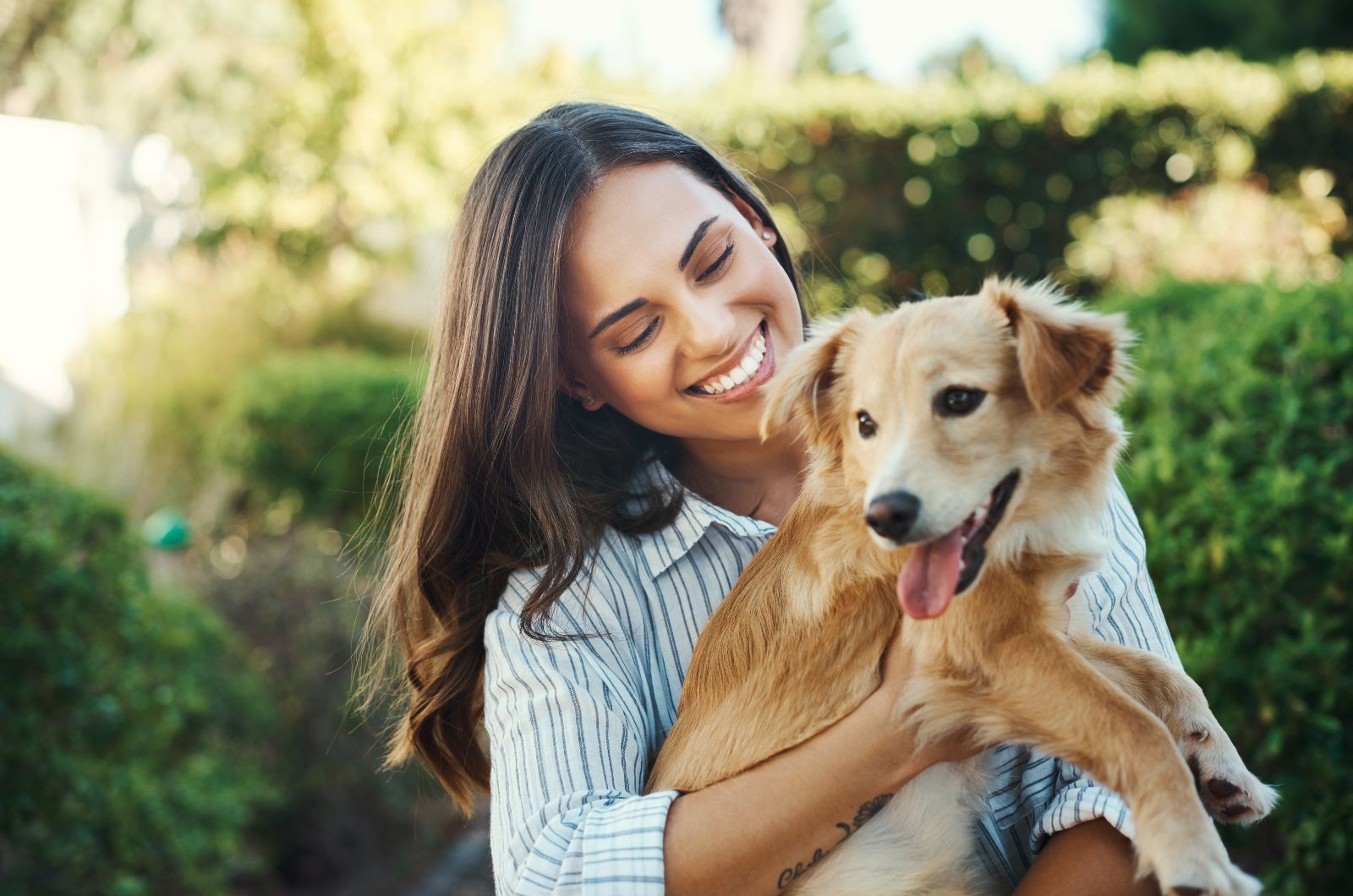
I hope you’ve found this article useful and inspiring for your future training sessions. Remember, punishing your dog is never the answer – it only reinforces unwanted behavior.
Raising your pup should be a fun experience for both of you and by following these six tips, you’ll be well on your way to positive and successful training!

